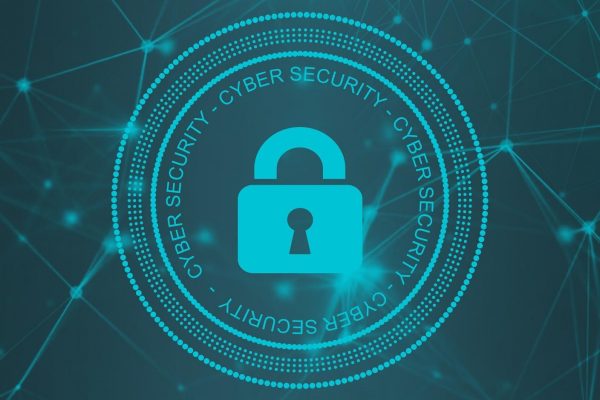7 essential cyber security tips for small businesses

Every year, cybersecurity becomes a bigger issue for businesses large and small. While computer experts and regular people are getting better at protecting their data, hackers and digital criminals are keeping up every step of the way.
A well-informed and bad-intentioned hacker could cause your business serious harm, engaging in such nefarious behavior as freezing your accounts, demanding a ransom, and stealing your customers’ sensitive personal data. In order to avoid these catastrophes, you need to do everything you can to beef up your cybersecurity operations. These days, failing to take these threats seriously is simply asking for trouble. Here are seven essential cybersecurity tips that can benefit any small business owner.
Adopt Smart Password Protocols
The simplest, easiest, and most important thing you can do to improve your business’s cybersecurity is take your accounts’ passwords seriously. Far too many people think, "Yeah, yeah, whatever," when they’re told to choose a complicated, secure password. Remember that the costs for being lazy or dismissive can be severe. All your business’s accounts should have different passwords, each of which is at least eight characters long. Ideally, the passwords should be even longer and include all sorts of special characters. It’s fine if the password is memorable, but it shouldn’t be easy for hackers to guess. Also, make sure you enact strict policies to ensure employees don’t naively share the password with anyone from outside the company.
Use Layered Security To Your Advantage
Just like a stereotypical medieval castle had a moat, crocodiles, walls, and a gate to keep invaders out, your company should have multiple layers of protection for all its digital systems. For one thing, you should require multiple-factor authentication for access to all accounts. This means people will have to include a password and another factor, usually a phone number, email address, or answer to a security question. You should also restrict access to your most sensitive online data, allowing only a small portion of your staff to see.
Make Sure All Employees Are Properly Trained
A cybersecurity system is only as safe as the least careful employee allows it to be. Everyone who has access to your company’s accounts should undergo thorough, comprehensive cybersecurity training. In addition to understanding all safety rules and regulations, they should also be trained to spot and report phishing attacks or other threatening activities.
Backup All Your Data
No matter how many precautions you take, there’s still no way to guarantee your business will avoid cyberattacks. That’s why it’s so important back your data up on offline devices. If you suffer a ransomware attack that freezes your systems, you’re still going to need access to your data in order to keep your business open. Having your data backed up also guarantees you’ll have proper records for your business, no matter what happens to your online systems.
Use Firewalls And Encryption
While some small business owners think high-tech solutions like firewalls and encryption are only for larger, more complex companies, any business would be much better off investing in them. They provide constant defense against insidious attacks, doing the daily invisible work that helps keep your systems and data safe.
Have Employees Protect Personal Devices
Most small businesses allow employees to access company networks and systems from their personal devices. This lets people work from home, something which is even more important than ever in these unprecedented times. There’s no reason to put a stop to this practice, but you should make sure your employees are taking all necessary measures to protect their personal devices from attack. It can be tough to address this issue without seeming invasive, but a certain understanding is necessary if you want to keep your systems safe. You should insist on the ability to monitor personal devices and update security software.
Always Be Prepared For An Attack
Never let yourself be blindsided by a cyberattack. Sadly, these types of crimes are more the rule than the exception. In a world where so much important information is stored in digital spaces, it’s no surprise that bad actors have taken advantage. As a small business owner, it’s on you to make all the necessary preparations so you’ll be ready for an attack whenever it happens.

Mikayla St. Clair is a Public Relations Specialist for OnPay Solutions. She loves to write informative articles and share her knowledge with the readers.
